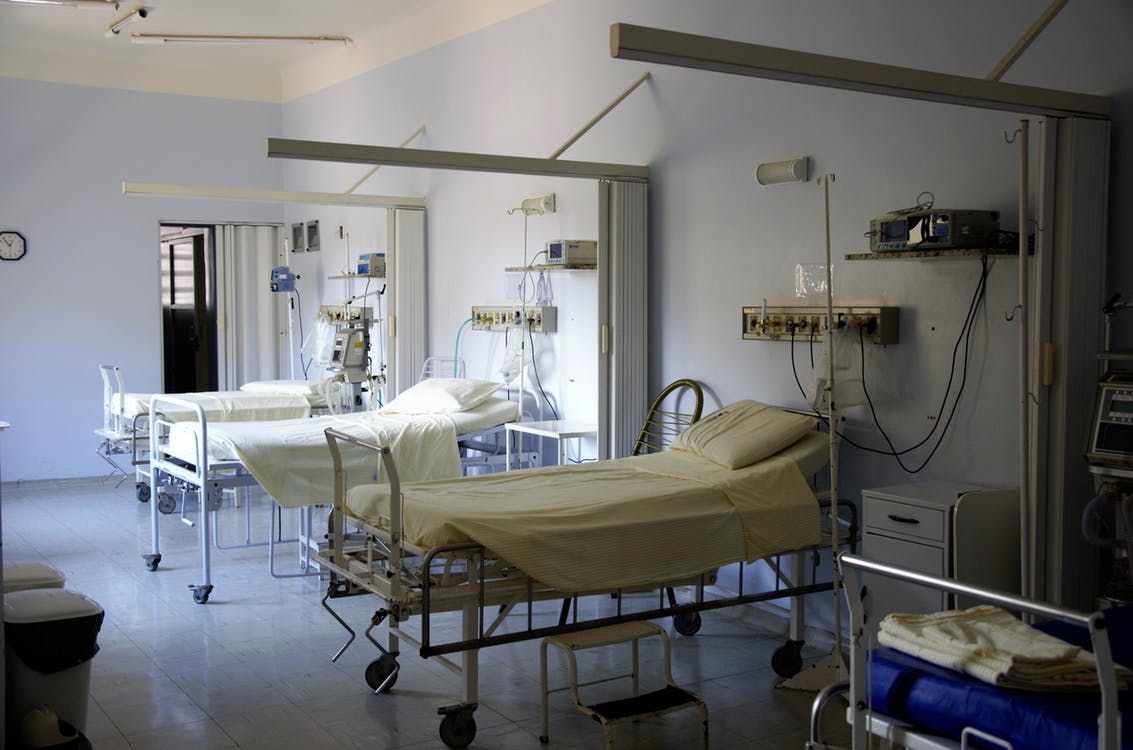As as the world continues to grapple with the little-understood Wuhan coronavirus, Malaysia’s Health Ministry this morning confirmed another three cases in the country, bringing the total number of cases to seven.
Of the three new cases, two were among the group of Patients-Under-Investigation (PUI) suspected of carrying the virus, while another was an individual who had close contact with infected patients.
All seven of the affected individuals in Malaysia are Chinese nationals.
One of the two new PUI cases was a 4-year-old girl in Langkawi, and the other was a 52-year-old male receiving treatment in Johor Baru. The third new case is the daughter-in-law of Singapore’s first coronavirus case. She had previously tested negative, and had decided to stay in Malaysia to care for her two infected children, who are being treated for the disease here.
In the month of January, 78 patients have been hospitalized under observation over fears they may have contracted the virus. Thirty-nine of them were Malaysian, 36 Chinese, and one each from Jordan, Brazil, and Thailand. Three have tested positive, and results are still pending on a fourth case.
Previously, Malaysia’s Health Ministry Director-General Dr. Noor Hisham had reported that 25 individuals who had close contact with coronavirus cases in Singapore and Johor had been identified, and were quarantined and tested.
Meanwhile, four Malaysians have found themselves on the wrong side of the law after being investigated for allegedly spreading fake news via social media by the Malaysian Communications and Multimedia Commission (MCMC).
One suspect, a Bangi man, found himself under arrest yesterday afternoon over an unspecified erroneous Facebook statement he made on Sunday. Officers are still looking for the other three individuals.
Government agencies have been busy updating social media accounts with constant posts warning of the circulation of fake news on the virus.
Senarai berita palsu berkenaan novel #coronavirus di negara ini.
Kenyataan rasmi mengenai novel coronavirus hanya dikeluarkan KKM dari semasa ke semasa. #WuhanCoronovirus#2019nCoV pic.twitter.com/P3Asn2gGF9
— KKMalaysia🇲🇾🩺❤️ (@KKMPutrajaya) January 29, 2020
Health Ministry officials have released a list of 26 hospitals across the country that will provide services to patients suspected or confirmed to be suffering from the virus.
Fifteen of those hospitals are on the Malaysian peninsula, while four are in Sabah, six are in Sarawak, and one is in Labuan.
Funds to provide more heat scanners to be placed at entry points into the country were also approved yesterday.
Confirmed infections have soared to more than 6,000 across China, mainly in Wuhan, which authorities have effectively sealed off, along with around 10 other Chinese cities, in a bid to contain the virus. As of this morning, the death toll has reached 132.
Prior to government orders to quarantine the city, some five million people managed to leave Wuhan, mayor Zhou Xianwang told reporters on Sunday. Zhou also confessed to withholding information about the outbreak.
The novel coronavirus has spread to at least 16 other countries outside of China: Thailand has reported 14 cases; Hong Kong has eight; the United States, Taiwan, Australia, and Macau have five each; Singapore, South Korea, and Malaysia each have reported four; Japan has seven; France has four; Canada has three; Vietnam has two; and Nepal, Cambodia, and Germany each have one. There have so far been no deaths outside China.
Several nations including France, Thailand, and Australia said they would evacuate their citizens from Wuhan. Japan has already evacuated some of their citizens.
China has been rushing to build a hospital in Wuhan to treat coronavirus patients, and it is expected to be complete by this week.
The SARS-like virus, also known as 2019-nCoV, is a never-before-seen member of the coronavirus family. Like other coronaviruses, it comes from animals, and is believed to have emerged at a now-shuttered market that sold exotic wildlife such as bats. China has temporarily suspended all wildlife trade.
The head of the World Health Organization was in Beijing today to discuss the outbreak, days after he said the Wuhan pneumonia virus did not yet constitute a global health emergency due to the limited number of cases abroad.





Reader Interactions